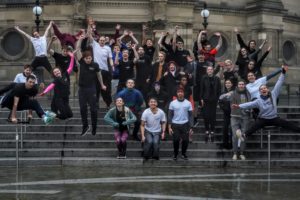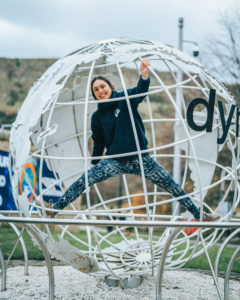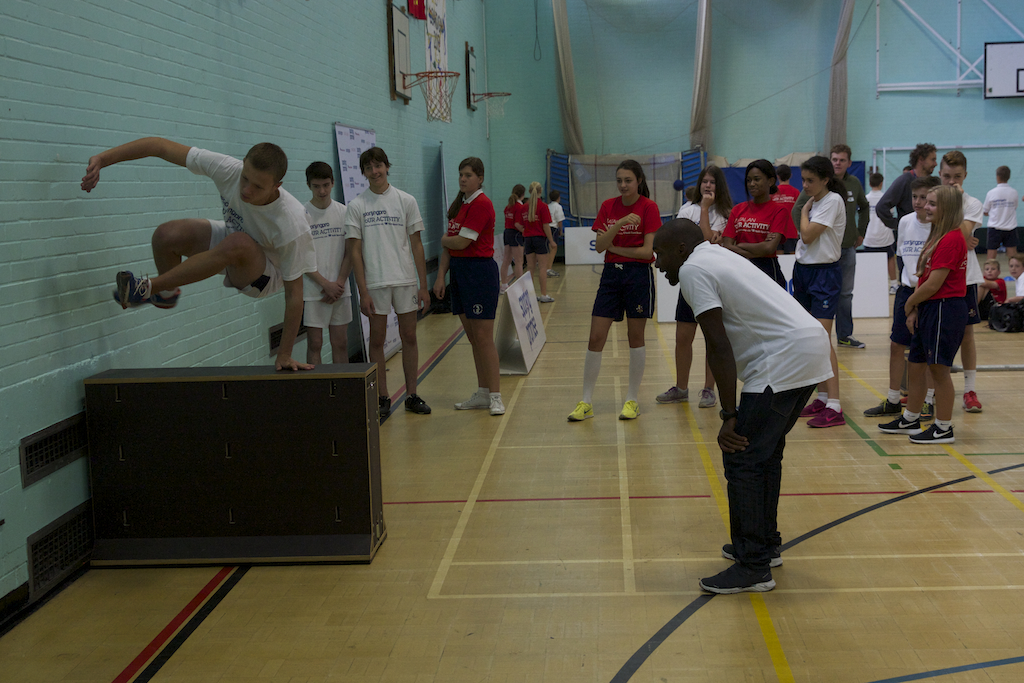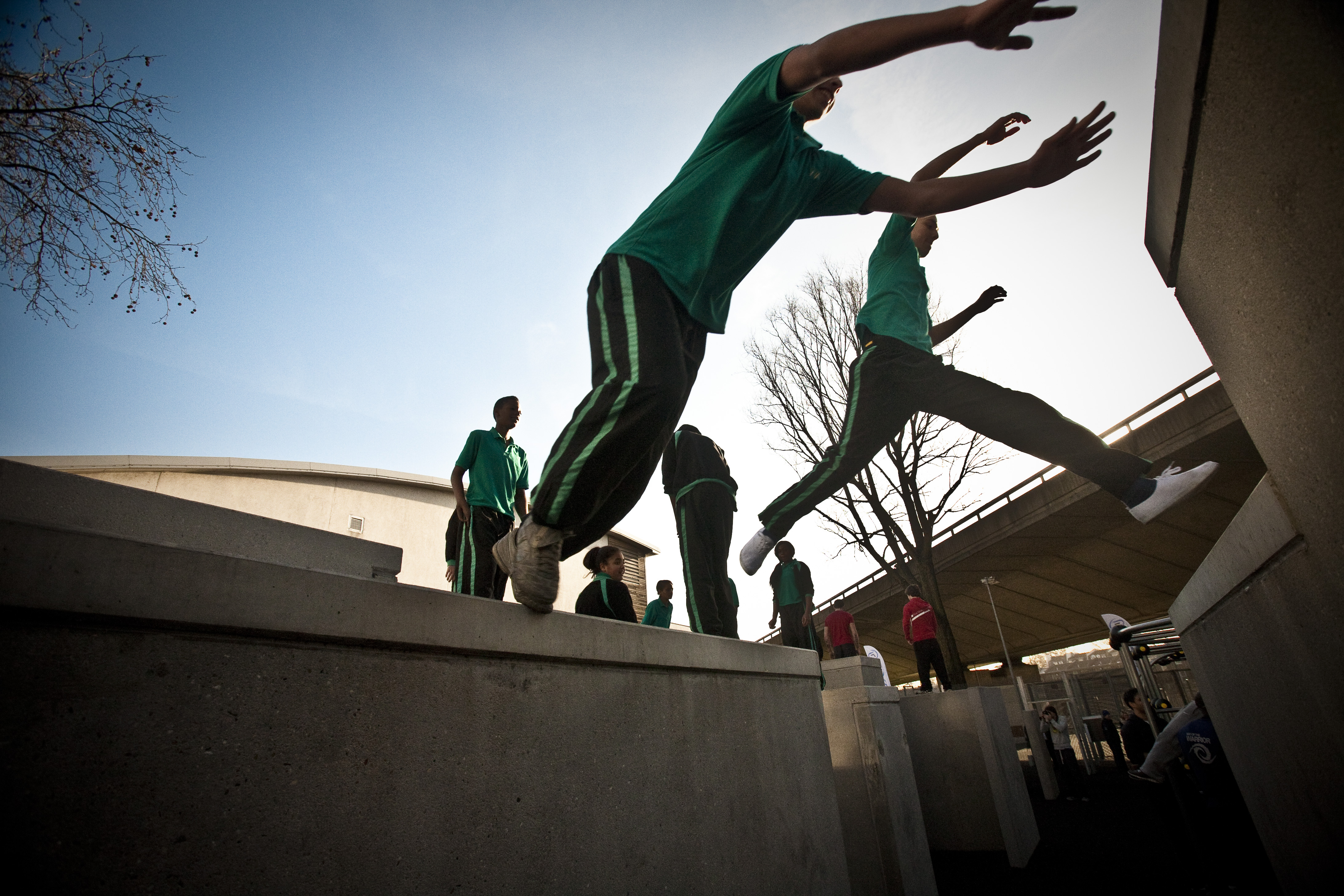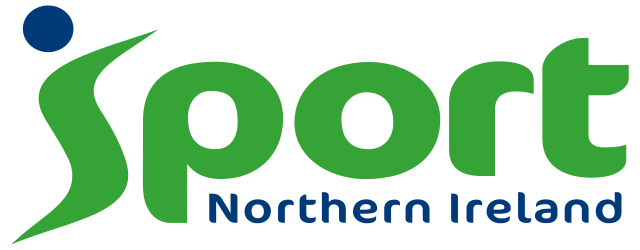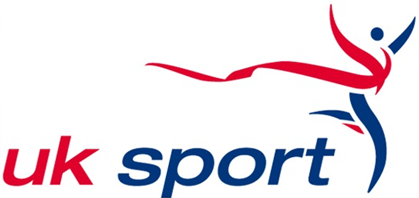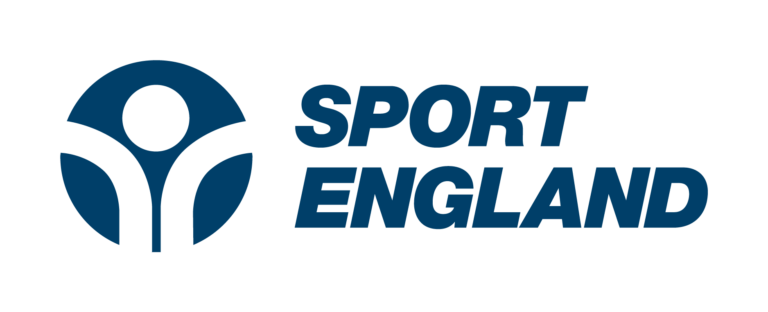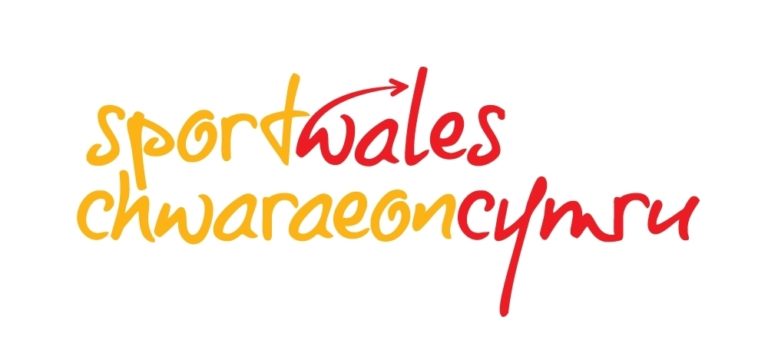Applications Open for Development Associate Programme
by Parkour UK
We are pleased to announce that our next run of Development Associate Projects are open for application.
As we move into the second year of implementing our ‘Moving with Purpose’ strategy, Parkour UK are seeking participants for the second round of our Development Associates (DA) programme which will run from May to October 2021.
During the first year of implementation we have made a lot of progress, a summary of which can be found here. This project will support the development of Parkour UK, the lifestyle sports sector and most importantly give you the opportunity for your own career development.
For this round we encourage applications to come from the Parkour Community – for those looking to develop their experience across multiple areas of the sports sector and within Parkour.
In summer and autumn we will be delivering projects exploring the following areas:
- Roles in Lifestyle Sports
- Mental Health
- Strength & Balance
- Digital Development
- Women’s Empowerment
- Parkour Parks and Spaces
- Movement Card – exploring the rights to public space
Please register your interest by completing the typeform here.
As the Development Associates package is a voluntary programme, we offer a host of benefits which will support your development and help you to make the most out of your time working with Parkour UK. In return for committing around 5 days of time over a 3 month period on one of the projects you will receive the following support and benefits:
- Experience working in a new and innovative national governing body and exposure to the working practices of the wider sports sector.
- Free year’s membership for Parkour UK at Participant or Professional Level.
- A reference / recommendation of your work.
- An introduction to a leader in the sector who will be well placed to add value to you and your career.
- We will share your details with group of senior leaders active in the sector.
- Thomas International PPA profile with feedback (this has a financial value of £75)
- Complimentary CIMSPA management membership (this has a financial value of £140).

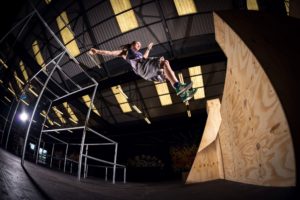 Hi there – I’ m Frazer Meek, a professional freerunner and parkour company director in the UK. Ive got 16 years of training behind me now, and for pretty much all of that I have been working with companies and groups we have set up here in Wales!
Hi there – I’ m Frazer Meek, a professional freerunner and parkour company director in the UK. Ive got 16 years of training behind me now, and for pretty much all of that I have been working with companies and groups we have set up here in Wales! 